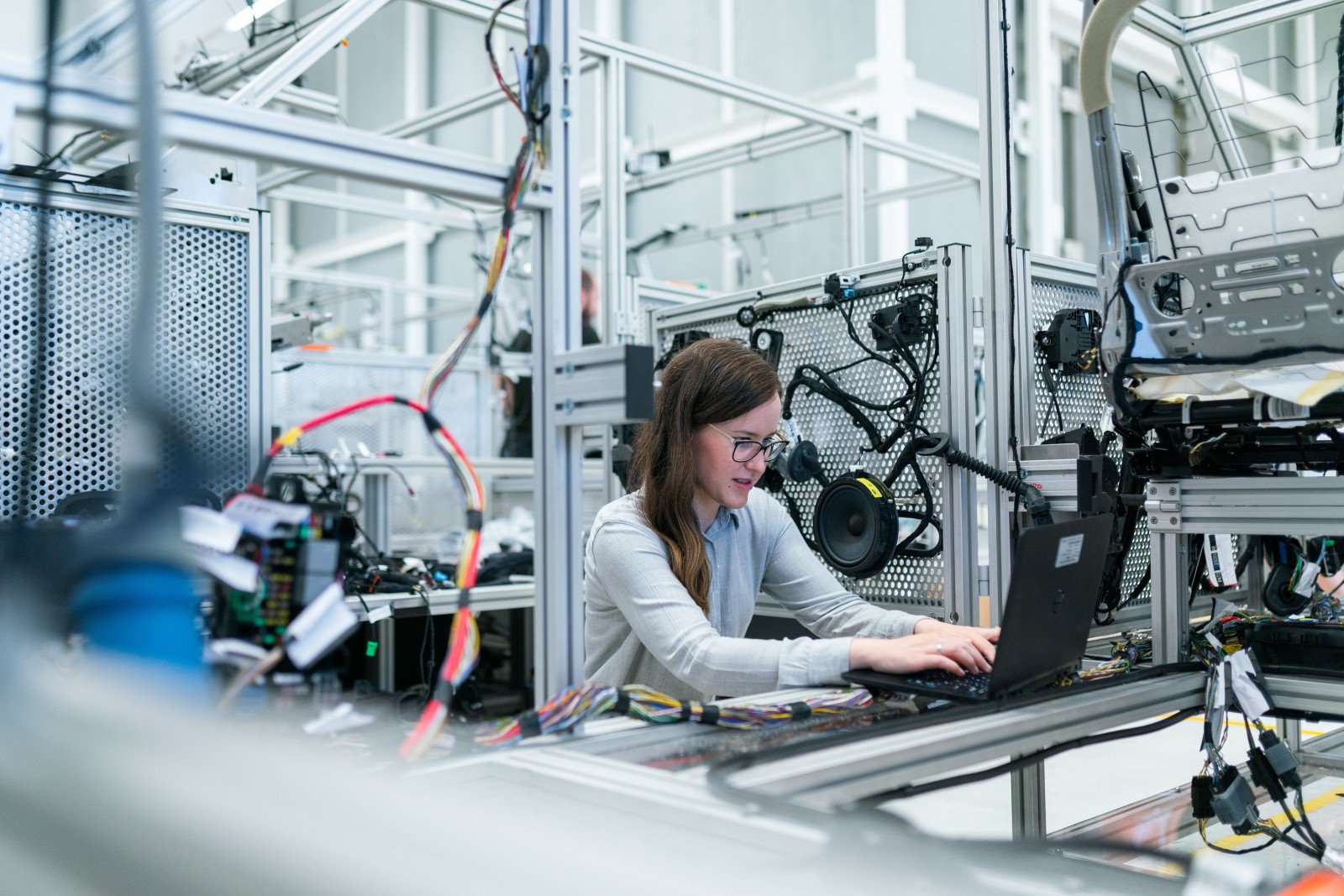ODI’s Global Reset Dialogue invited leaders from around the world to share their visions for building a more equal, resilient and sustainable future beyond the coronavirus. Our incoming Managing Director (Policy and Research) Rathin Roy, one of the moderators of the Dialogue, shares his response to ideas put forward by leading economists.
Global leaders identified three economic issues that will be important in the world emerging during and after Covid-19:
1. Finance is the problem and the opportunity
During the crisis, we have seen the power and impact of large, coordinated, state‐led finance in rich countries, whose governments have designed bailout packages worth trillions of dollars to deal with Covid-19. Yet there has been enormous inequity in governments’ ability to use finance to respond to the crisis. The Covid-19 shock will therefore mostly affect highly indebted countries and those prone to reversals in capital flows (Stiglitz).
The bailouts demonstrate that redirecting of finance is an opportunity to make financial institutions vehicles for wealth sharing rather than wealth concentration (Yunus). The response to Covid‐19 calls for more sustainable and progressive fiscal policies. We need an approach that prioritises resilience and reduces (health related and other) uncertainties (Georgieva).
These ideas cannot be implemented if pre‐Covid benchmarks of fiscal prudence and sustainability continue to be applied. A different economic framework that moves beyond a sole focus on efficient markets and cyclical‐countercyclical policies is needed.
2. Globalisation is passé but global cooperation is essential
It is inevitable that there will be a retreat from a kind of hyper globalisation we have pursued since the 1990s. But this may be an opportunity to reconstruct a fairer, more sustainable globalisation (Rodrik). The profit motive alone cannot drive it (Yunus). Globalisation was working for the few, driving inequality in many ways. The climate crisis was not being addressed, and multilevel discrimination was visibly hurting the economic welfare of many. Covid‐19 has exacerbated the urgency of this search (Yueh).
Promoting an employment rich, low carbon recovery and investment in digital skills and infrastructure would build a stronger and more equitable global economy (Georgieva).
This would require changes in the global institutional architecture to negate the effective veto on policy choices that involve spending to secure inclusion and resilience, which financial markets have exercised until now. The principle so dear to the financial sector that the contract on risks and returns must be honored even when circumstances alter fundamentally, as they have with Covid-19, cannot hold going forward (Stiglitz). More attention must be paid to the issues raised at the grassroots level and to concerns over the climate crisis (Yueh).
This involves collaboration, not merely logistical interconnectedness to maximise comparative advantage.
3. If ideas change minds, then the economic system will change for the greater good
Two hundred and fifty years of economic history tells us that at watershed moments, such as Covid-19, old economic models are discarded and a new consensus emerges on how the economic system can best work (Yueh). The economics profession has been struggling to address issues that the present economic consensus was unable to address.
Ideas for a more suitable globalisation that are less focused on trade and finance and considerably more on global health and environmental challenges will now be the centerpieces of economic inquiry (Rodrik). The “battle of ideas” will require interdisciplinary engagement and evidence-based debates to come to a consensus on an equitable economic system that works for people and the planet (Yueh).
The sane response to Covid-19 would be for businesses to work to solve people’s problems, rather than maximise profits. In doing so, they can empower rather than alienate young people in their quest to create value and make the world a more livable place for all human beings (Yunus). The major priorities are not to restore the global economic engine and measure the success of such restoration purely by the growth metric. Instead, health spending must be prioritised. There’s an urgent need to provide support to those whose lives and livelihoods have been impacted by the crisis and build systemic resilience (Georgieva).
The thematic concerns that the global leaders raise point to the need for a new vocabulary of economics in which the objective function (what different economic agents aspire to achieve) is different.A new macroeconomics must encompass a broader definition of stability. This must be consistent with sustainable human development, and driven by the effectiveness of actions to provide global and national public goods.
Microeconomics will need to look beyond profit and utility maximisation to vulnerabilities driven by social and power imbalances, which undermine systemic resilience. Solutions will have to be negotiated as always, but the political economy of such negotiations must involve a much broader conception of shared interest than those hitherto used as benchmarks.

